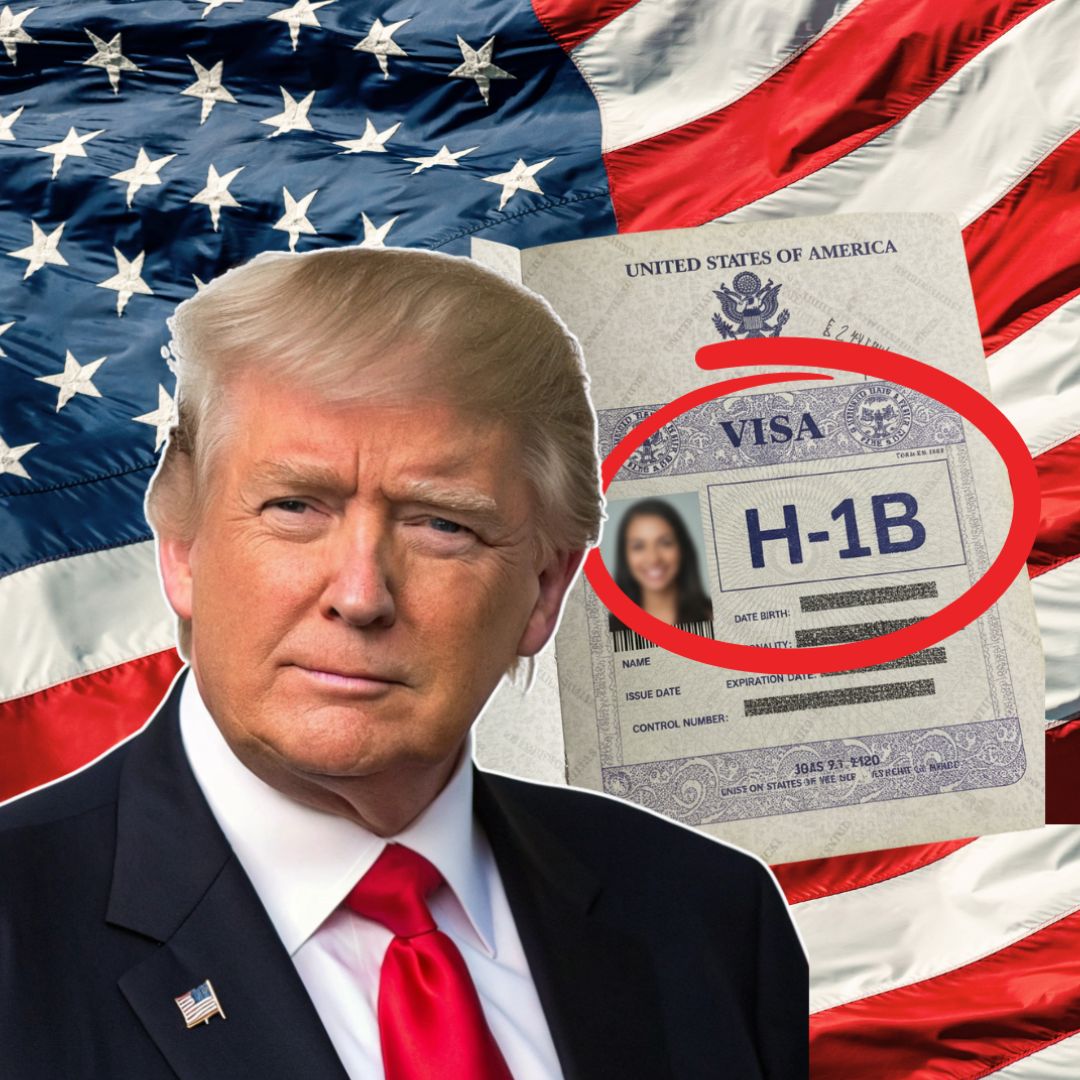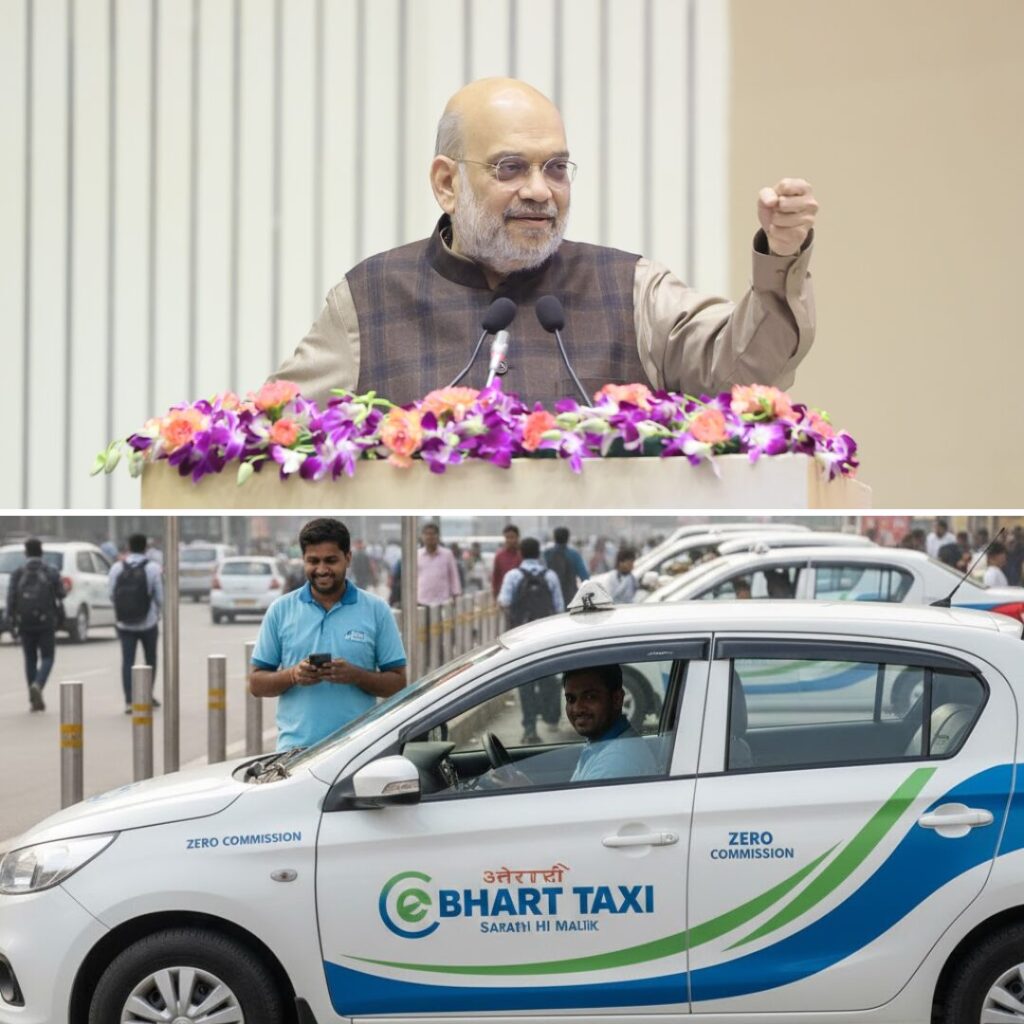A coalition of unions, employers, and religious groups has filed a federal lawsuit in San Francisco against President Donald Trump’s executive order that imposes a $100,000 fee on new H-1B visa applications for highly skilled foreign workers.
Filed on October 3, 2025, the lawsuit argues that the fee exceeds presidential authority, violates both the Immigration and Nationality Act and the Administrative Procedure Act, and unfairly harms industries reliant on foreign talent such as healthcare, education, technology, and religious organisations.
The Trump administration defends the fee as a necessary move to protect American workers and prevent misuse of the visa programme. The case marks a significant legal challenge to the administration’s tightening of immigration policies.
Major Stakeholders and Legal Arguments
The lawsuit was brought by a broad coalition including labor unions like the United Auto Workers, healthcare providers, academic institutions, religious groups, and individual visa holders. They assert that the presidential proclamation, issued on September 19 and effective from September 21, illegally imposed the $100,000 fee without Congressional approval or proper regulatory procedures.
Plaintiffs argue it disrupts the statutory framework Congress created for the H-1B visa programme, leading to chaos among employers and foreign workers. They also highlight that the fee unfairly burdens hospitals, schools, religious institutions, small businesses, and nonprofit organisations that depend heavily on skilled immigrant labour. “The President lacks the authority to impose new fees or taxes on this visa programme,” said a spokesperson for the coalition, underlining the constitutional limits on executive power.
On the other side, the Trump administration defends the fee as crucial to addressing long-standing abuses of the H-1B visa system, which they believe has been used to replace U.S. workers with cheaper foreign labour rather than supplementing the workforce.
Officials argue that the fee will encourage companies to prioritise hiring Americans while maintaining economic fairness and national security. However, critics warn that the high fee risks deterring global talent essential for innovation, economic growth, and public services, potentially exacerbating labour shortages in critical sectors.
Background and Policy Context
The H-1B visa programme was established by Congress to allow U.S. employers to hire foreign professionals in specialty occupations, especially in technology, healthcare, and education. The new fee represents one of the most drastic policy shifts in recent years.
Typically, H-1B visas are allocated via a lottery system, with approximately 85,000 visas issued annually. India-based workers are the largest demographic among H-1B visa holders. This year, tech giants like Amazon, Microsoft, and Google were among the top recipients.
The fee was introduced suddenly with less than 36 hours’ notice, disrupting visa application processes and causing uncertainty among employers and workers. It applies only to new visa petitions filed after September 21, 2025, exempting those with existing visas.
This executive order follows prior stringent immigration measures under the Trump administration, continuing a pattern of efforts to restrict foreign labour inflows. Nevertheless, the new fee’s magnitude has alarmed various sectors, prompting the legal challenge as they fear staff shortages in hospitals, classrooms without teachers, religious communities without leaders, and slowed innovation across industries.
The Logical Indian’s Perspective
This legal battle shines a light on a complex issue: how nations balance protecting domestic workers with embracing global talent. While safeguarding jobs at home is understandable, imposing excessive financial barriers on skilled immigrants risks curtailing the very innovation and development that benefit all.
Policies that foster inclusion, dialogue, and well-reasoned reform promote harmony and progress more than punitive measures.
The Logical Indian believes that a compassionate approach to immigration, one that supports both national interests and human dignity, is key to building peaceful coexistence and social advancement.












